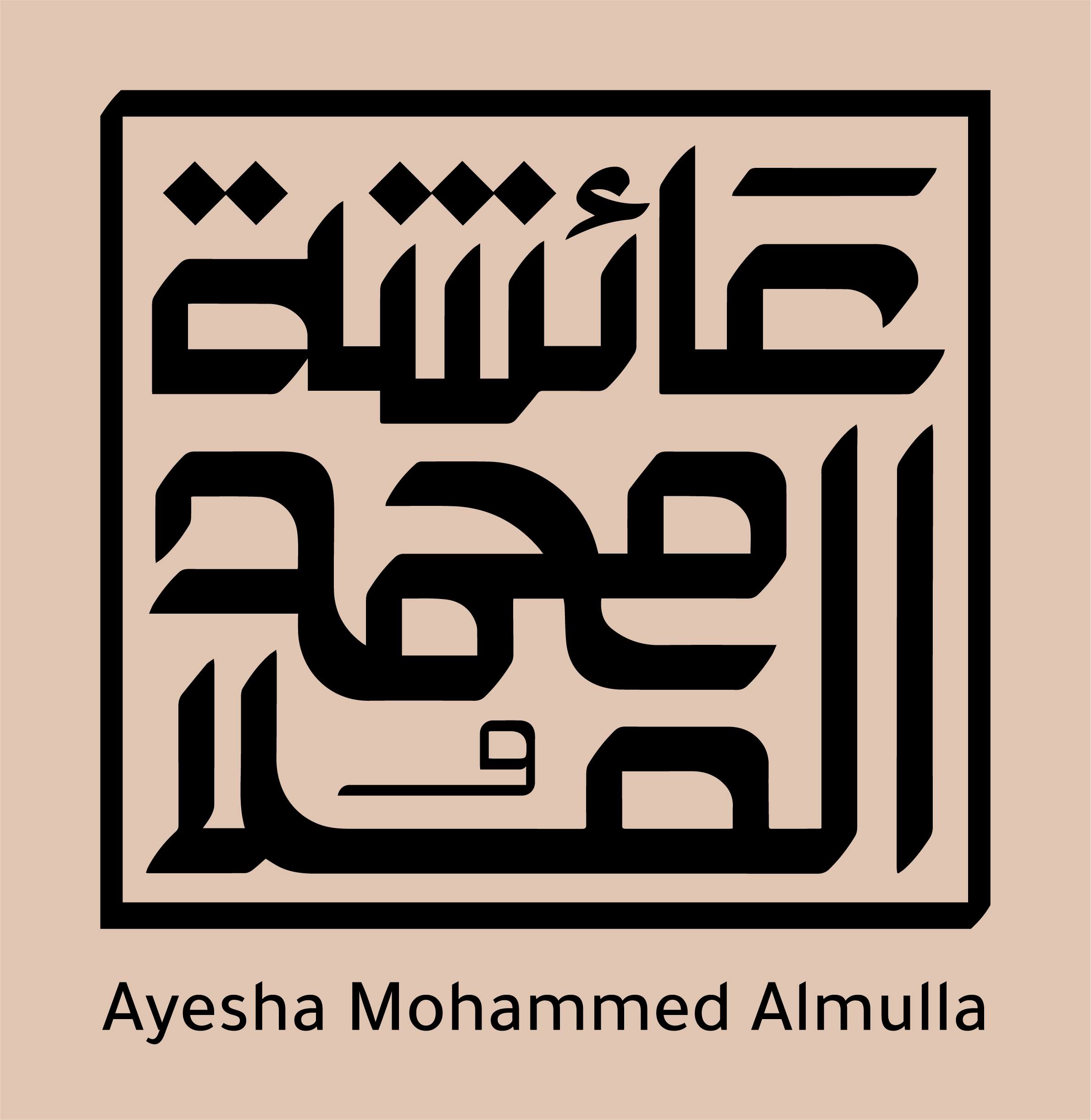The Majlis of the late Mohammed Saeed Al Mulla in Dubai launched its first lecture of the year last Wednesday, titled “A Shining Nation, a Advancing Society, and a Family with an Eye on Challenges.” The lecture was attended by prominent community figures, writers, and media professionals.
The Majlis, which was held in the Nad Al Sheba area and moderated by media personality Sheikha Al Mutairi, Head of the National Culture Department at the Juma Al Majid Center, discussed several topics, including social cohesion, the most prominent challenges facing society in light of modern technologies, and support for education in the Arabic language.
The lecture was delivered by Dr. Rafia Obaid Ghubash, Founder and Director of the Women’s Museum and Founder of the Emirati Art Museum. In her introduction, she praised the Majlis’s role in celebrating filial piety and the role of kinship ties in maintaining social bonds. She emphasized the need to promote this concept among the current generation by strengthening kinship ties and caring for the elderly, giving them the utmost attention, as they are an essential part of the social fabric of the UAE.
Ghubash noted that Emirati society, since the 1950s, has been a model of strong cohesion and solidarity, emphasizing that adherence to the noble values and morals derived from the tolerant teachings of Islam is a fundamental pillar for the continuation of family ties and societal solidarity, and for their consolidation over time.
Former Federal National Council member Aisha Mohammed Al Mulla participated in the session, citing the life of her late father, Mohammed Saeed Al Mulla, who embodied the true meanings of filial piety and maintaining family ties. She noted that she grew up in an environment that blended authenticity in all its forms, both in her grandmother’s home and her father’s.
The Council also discussed the role of the Arabic language in preserving cultural identity and promoting progress in the UAE, emphasizing that the language is “not merely a means of communication, but a tool for development and creativity.”
Participants emphasized that the Arabic language has been the vessel for the greatest discoveries and achievements in various sciences, from medicine to astronomy and mathematics.
They emphasized that the late Sheikh Zayed bin Sultan Al Nahyan, may God rest his soul, laid the foundations for a deep-rooted educational and cultural renaissance, in which the Arabic language played a pivotal role.
They added that, “Within the framework of the UAE Vision 2030, the Arabic language remains a fundamental pillar for promoting scientific and technological innovation. It keeps pace with the future with its ability to adapt to modern developments, contributing to achieving the leadership the country seeks in various fields of knowledge and innovation.”
Fadhila Al Muaini, President of the Emirates Journalists Association, also spoke at the council about education in the UAE, emphasizing that it initially focused on reading and writing as basic skills. However, with the development of the education system, it has become essential for various institutions to contribute to promoting the Arabic language during the first five years of a child’s life. She emphasized that, “This stage is crucial in shaping their national identity, as teaching a child their mother tongue strengthens their connection to national heritage and culture. Therefore, families, schools, and society must work together to provide an educational environment that supports the Arabic language and contributes to the formation of a generation aware of its identity.”
Former Federal National Council member Jameela Ahmed Al Muhairi stated that a mother’s attention to her child during their early years is a safety valve for their cultural and national identity. The mother is the primary incubator of values, instilling in their hearts the principles of the Arabic language and patriotism, which contributes to the formation of a cohesive personality that preserves heritage and faces the challenges of the times without losing touch with its roots.
Participants in the Mohammed Saeed Al Mulla Council emphasized the importance of developing Arabic language curricula, in addition to supporting the Emiratization of school administration and the development of academic curricula in the Arabic language. This will contribute to preserving national identity, raising the quality of education, and strengthening the role of citizens in shaping the future of education in the UAE.
